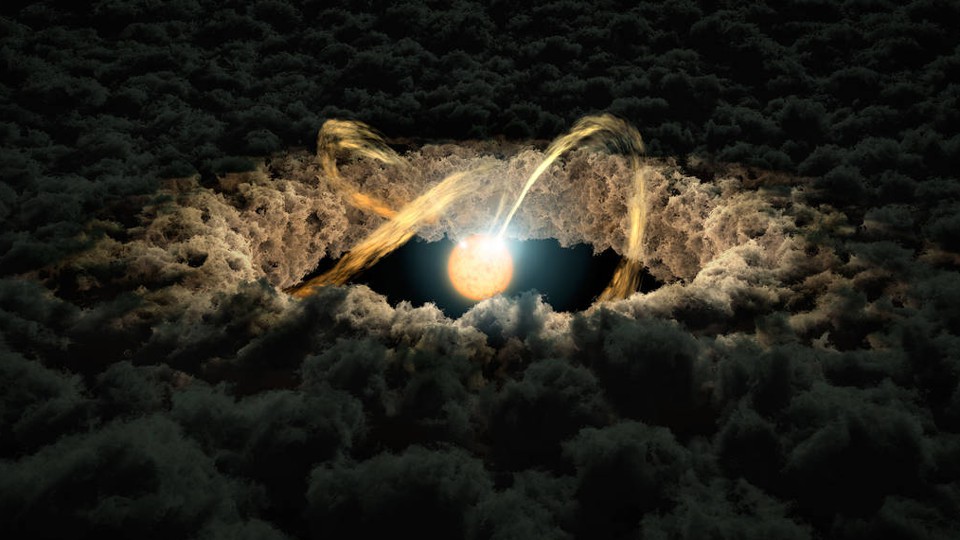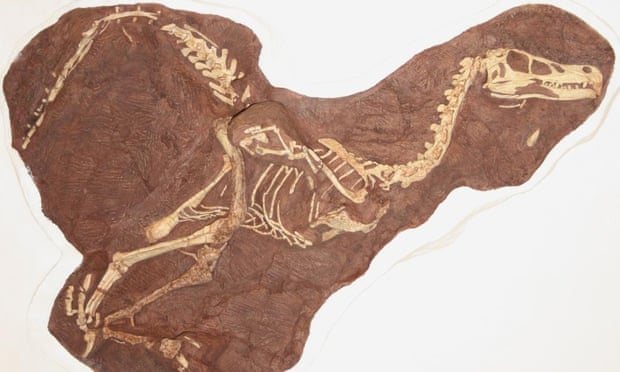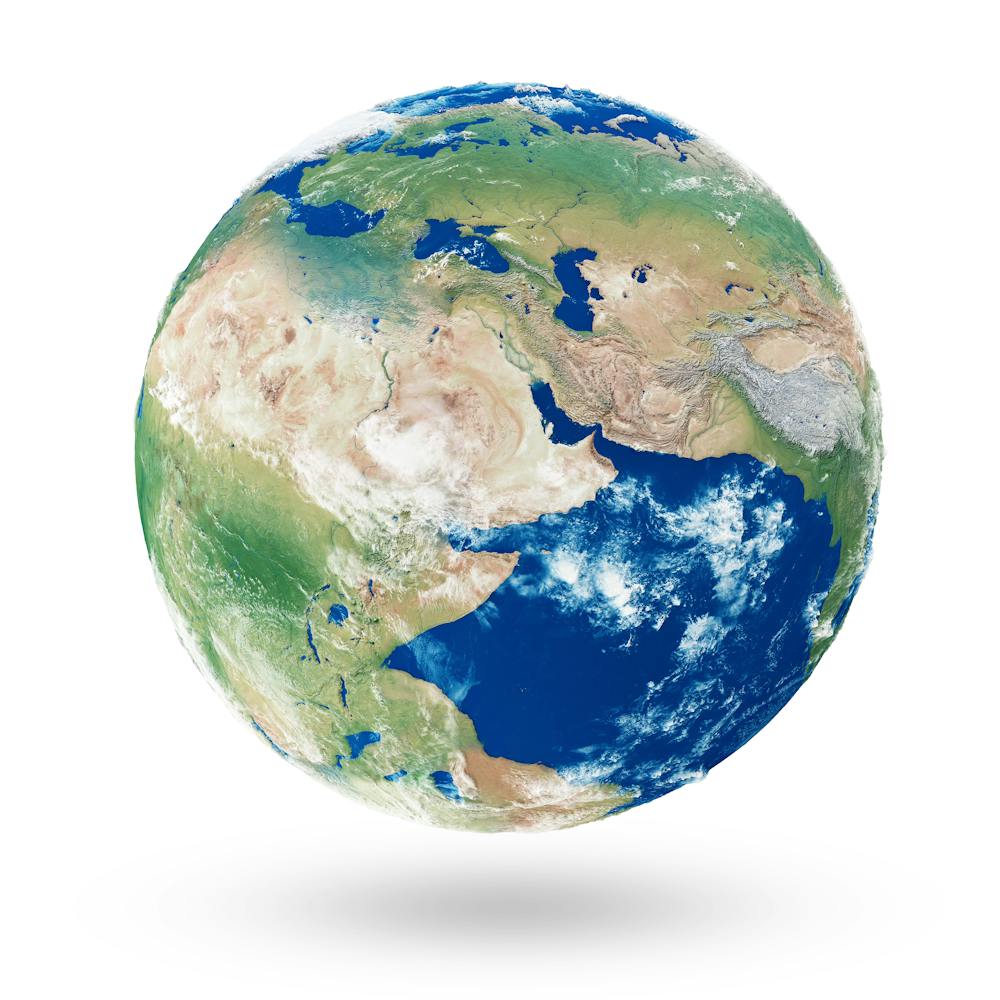OUGS Oxford - Field Meeting, Hawaii
When
5 – 18 May 2018
Where
Hawaii (map)
Description
How About Hawaii 2018?
Leader: Prof. Dave Rothery
Date: May 5th–18th, 2018
Type: Longer Trip
Summary: Visit to the world-famous geological sites of the Hawaiian Islands led by the OU’s Professor of Planetary Geosciences and Number-One Volcanologist.
More info:
This is an outline proposal for a trip to Hawaii in May 2018. The programme and provisional costings are provided to enable members to contact Oxford Branch to register serious interest in joining this trip. As you will appreciate, costings to individual participants are very much dependent on numbers. We are planning the trip to cater for up to a maximum of 18 participants. If numbers are less than this, costs to individuals for their share of the onsite costs start to rise until the trip is no longer viable. This is an excellent opportunity to visit the world-renowned site. Transport will be provided by minibus across the islands and to and from the localities. There will be some hikes of up to two hours, mostly on trails to take in the interesting bits, but many stops will be roadside. If, after reviewing the provisional programme, you are interested in joining, please contact Sally Munnings as soon as possible to help us gauge the level of interest in the trip.
The trip starts and finishes in Honolulu and participants will be responsible for making their travel arrangements to get there and back. The current estimated cost to each individual on a shared room basis is £2900. If you do not wish to share please discuss as single occupancy costs will be around £4000. This includes all accommodation, internal flights, minibus hire and leaders' costs. It excludes all travel costs between UK and Honolulu, flights currently estimated at about £850 return; and food for the 14 days.
Dave has uploaded a couple of YouTube videos, one of a trek across Kilauea Iki crater (rather wind-noisy): https://youtu.be/UR5rtgve0jw and one of a visit to Diamond head with the last OUGS trip in 2014: https://youtu.be/Af8HLNRdQLE
Provisional Itinerary – May 2018
Sat 5 May: Arrive Honolulu around 21:00. Transfer will be arranged from airport to hotel (Hilton Waikiki Beach Hotel or similar).
Sun 6 May: Collect minivans 10:00. Easy drive or walk tour to Diamond Head (led by DAR). Evening: Introductory Lecture at University of Hawaii (by Pete Mouginis-Mark). [Stay at Waikiki]
Mon 7 May: Honolulu Volcanic series (including Diamond Head, Hanauma Bay, Koko and Makapu'u). [Stay Waikiki]
Tue 8 May: Waianai (west Oahu) [Stay at Waikiki]
Wed 9 May: Drop off minivans 09:00. Morning flight to Hilo (Big Island) Stay in Hilo. Optional helicopter overflights of Kilauea. [Stay at Castle Hilo Hawaiian Hotel or similar]
Thu 10 May: Kilauea NE rift zone. Kapoho, tree moulds [Stay at Hilo]
Fri 11 May: Kilauea summit - Kilauea Iki (hike), Thurston lava tube [Stay at KMC ‘Kilauea Military Camp']
Sat 12 May: Halemaumau, Chain of craters road, Devil's throat, Mauna Ulu (hike) [Stay at KMC]
Sun 13 May: Time on the new lava at end of Chain of Craters road (depends on current activity) [Stay at KMC]
Mon 14 May: Saddle road. Side trips for geology and visit to Mauna Kea visitors centre. [Stay Kona]
Tue 15 May: Morning flight to Lihu'e (on Kaua'i) There are rare direct flights (58 mins), others requiring a change in Honolulu (2 hrs). Settle in, take it easy? [stay Lihu'e/Kapaa]
Wed 16 May: Explore Kaua'i, including Highway 550 (Waimea Canyon Drive) to the interior [stay Libu'e/Kapaa]
Thu 17 May: Take it easy/explore. Afternoon transfer to Honolulu ready for homeward flight tomorrow. Stay Honolulu/Waikiki.
Fri 18 May: Morning flight from Honolulu - LA - UK, take off 07:20 (arrive next day). Or follow own alternative personal arrangements.
To express serious interest in joining this trip please contact Oxford Branch organiser Sally Munnings. Post: 79 Kingsley Close, Shaw, NEWBURY, Berkshire, RG14 2EB
Once we have sufficient interest for a viable trip we will request a non-returnable deposit of £700 to guarantee flights and hotel bookings.
-------------------------------------
GeoWeek - Building Stones of Wells
When
Sat, 5 May, 11:30 – 13:30
Where
Outside the front of the Wells and Mendip Museum at 11.30 am (map)
Description
Free Events in the Mendips for Geo Week 2018
A story in stone – the building stone heritage of the city of Wells
Event activity details
Join Doug Robinson and Chris King to visit some buildings displaying the wonderful building stones of Wells, all from the immediate Mendip AONB on the city’s doorstep. These building stones tell amazing geological stories of the region’s 200 million year journey from the southern tropics across the equator into northern latitudes. A journey through tropical climates, deserts, shallow seas, mountainous terrain and flash floods before being invaded by Jurassic seas. We will begin our free-of-charge GeoWeek walk meeting outside the front of the Wells and Mendip Museum at 11.30 am on Saturday 5th May and will continue until around 1.30 – but you are welcome to drop in and drop out of the tour during that time. We need to limit numbers for safety reasons, so please email Chris to book a place (chrisjhking36@gmail.com).
Event details Free, Easy walking on pavement, No special clothing required
Date Saturday 5 May 2018
Start time 11:30am – 13.30
Type of event Guided fieldtrip
Contact to book chrisjhking36@gmail.com









